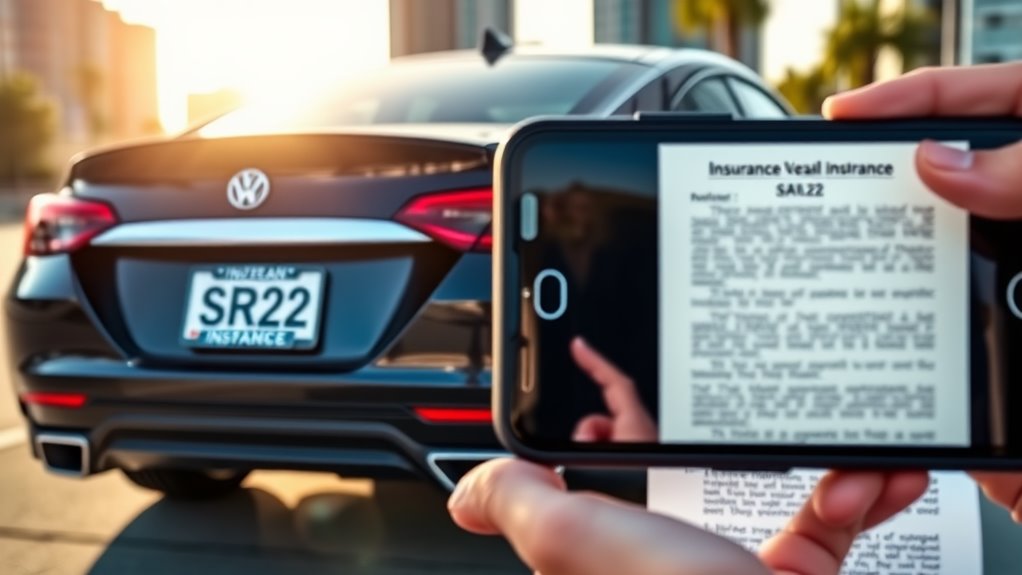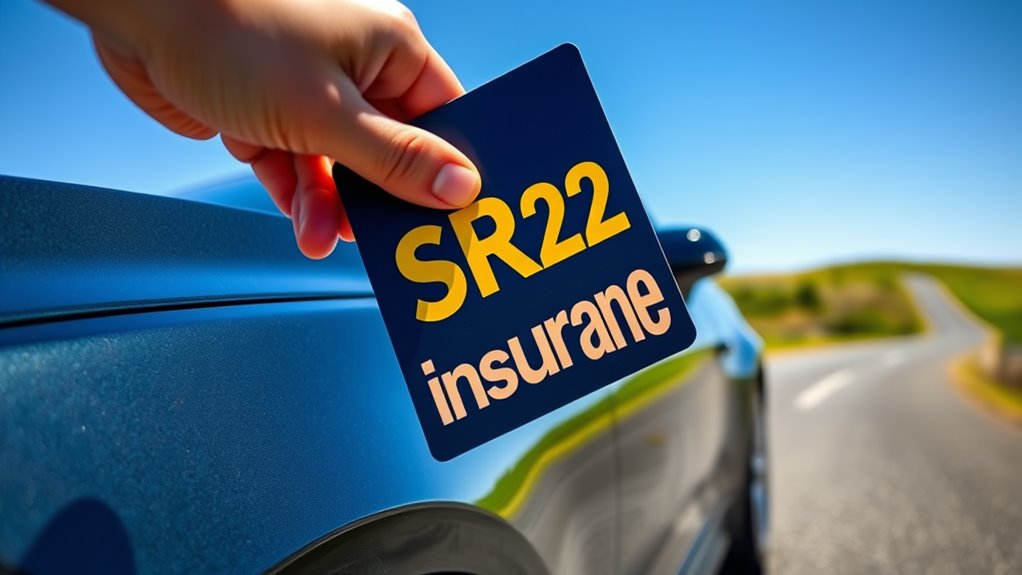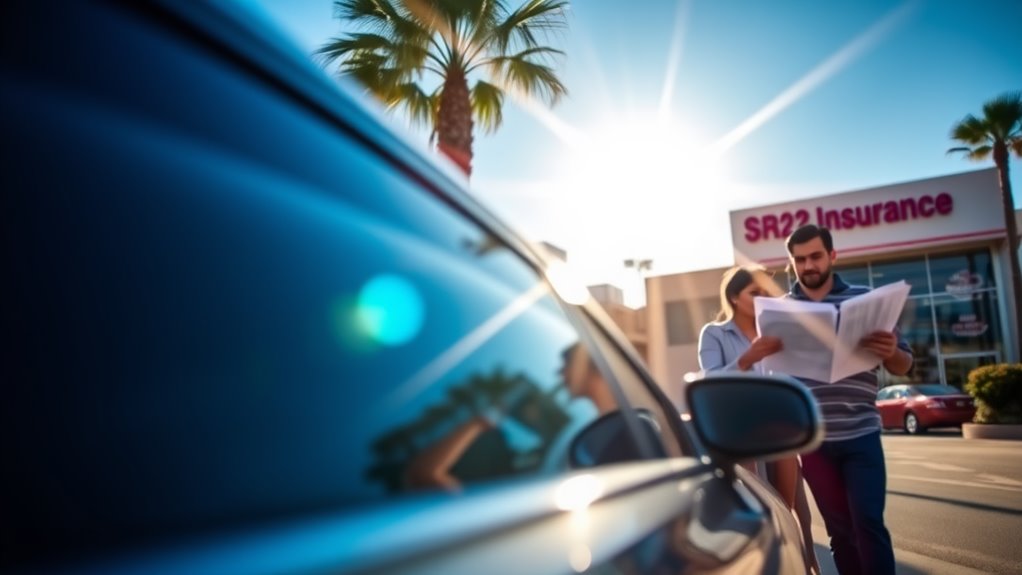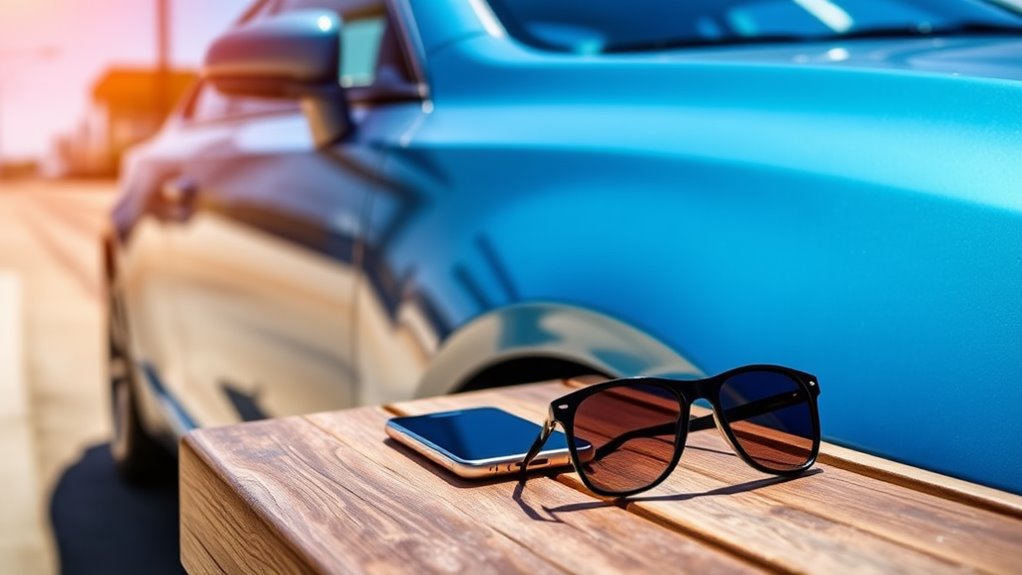Why Renew Non-Owner SR22 Insurance Effectively?
Have you considered the consequences of letting your non-owner SR22 insurance lapse? Renewing your policy effectively is essential for maintaining your legal driving status and avoiding penalties like license suspension. Starting the renewal process early can save you from unexpected costs and guarantee you remain compliant with state regulations. Understanding the nuances of SR22 insurance can make all the difference in protecting yourself while using borrowed vehicles. What steps should you take to guarantee a smooth renewal?
Have you thought about the significance of renewing your non-owner SR22 insurance? Keeping this coverage up to date is essential for maintaining continuous insurance, which helps you avoid license suspension. If you let your policy lapse, you could face penalties and additional costs that could complicate your driving situation. It's not just about compliance; it's also about protecting yourself in case of accidents involving vehicles you don't own. Without this coverage, you're left vulnerable to potential financial repercussions.
Start the renewal process at least 45 days before your policy expires to guarantee you don't experience any lapses in coverage. This proactive step gives you ample time to review the policy details, confirming they align with state requirements. Each state has specific laws regarding SR22 filings, often mandating that you maintain this insurance for a period of three years or longer. You can contact your insurance company for assistance with the renewal process; they're there to help you navigate any complexities and verify that you meet all necessary requirements.
Start renewing your non-owner SR22 insurance at least 45 days before expiration to ensure continuous coverage and compliance.
One of the primary benefits of renewing your non-owner SR22 insurance is that it helps you stay compliant with state regulations, preventing any legal consequences. The coverage also provides essential liability protection when you're driving borrowed vehicles, allowing you the flexibility to use transportation options without the stress of inadequate insurance. Furthermore, renewing your non-owner policy can be a cost-effective solution, as these policies typically cost less than traditional owner-operated insurance. Additionally, maintaining continuous coverage is crucial to avoid penalties that could extend your SR22 obligations. Having affordable SR-22 insurance options can also make the renewal process easier and more manageable.
When it comes to costs associated with renewal, the SR22 filing fee is usually around $25, though this can vary by state and insurer. Non-owner policies are generally cheaper, but factors like your driving history and age may influence your rates. Some insurers even offer competitive rates for SR22 renewals, so it's worth shopping around. Be aware that different states impose various minimum liability coverage requirements, so make sure you understand what's necessary in your area.
Failing to renew your non-owner SR22 insurance can lead to severe legal consequences. For instance, your license may be suspended or revoked, and insurance companies are required to notify the DMV about any policy lapses. This could extend the duration for which you're required to maintain an SR22. In some cases, you might find yourself needing to reinstate your original suspension if you don't keep your coverage active.
Finding an insurer that provides non-owner SR22 policies can be challenging, especially for high-risk drivers who might face higher premiums. Keep in mind that non-owner policies don't cover your medical expenses in the event of an accident, either. If you later purchase a vehicle, you'll need to convert your non-owner policy to an owner-operated one to guarantee adequate coverage.
Conclusion
Renewing your non-owner SR22 insurance on time isn't just about following the law; it's an essential step in safeguarding your driving privileges and financial well-being. By starting the renewal process early, you not only guarantee compliance but also protect yourself from unexpected costs and potential penalties. This proactive approach demonstrates responsibility and can lead to better rates in the future. Ultimately, staying ahead of your SR22 obligations reinforces your commitment to safe, legal driving.









